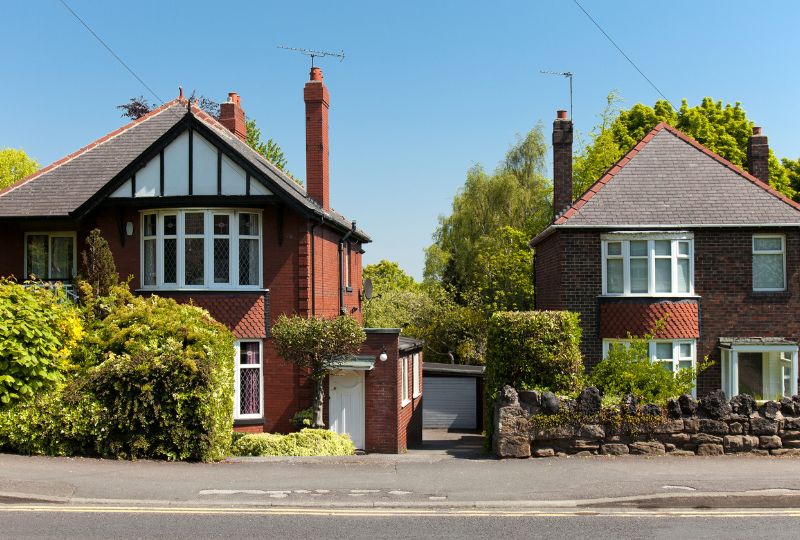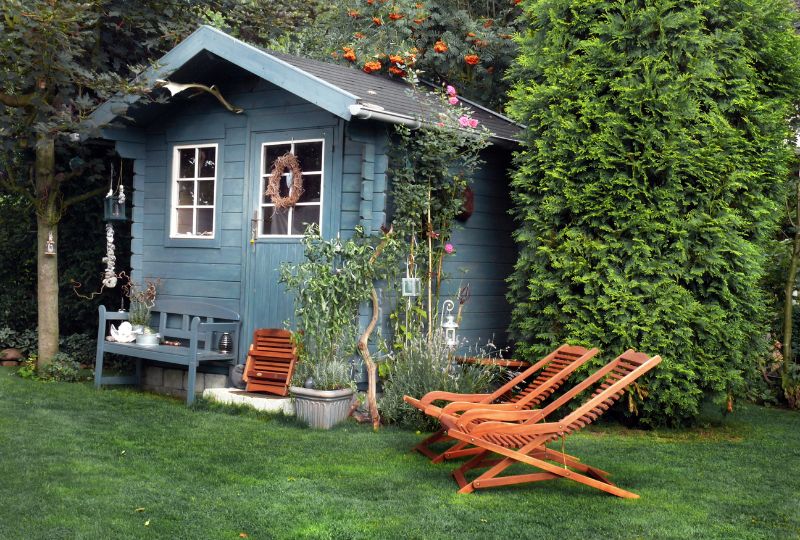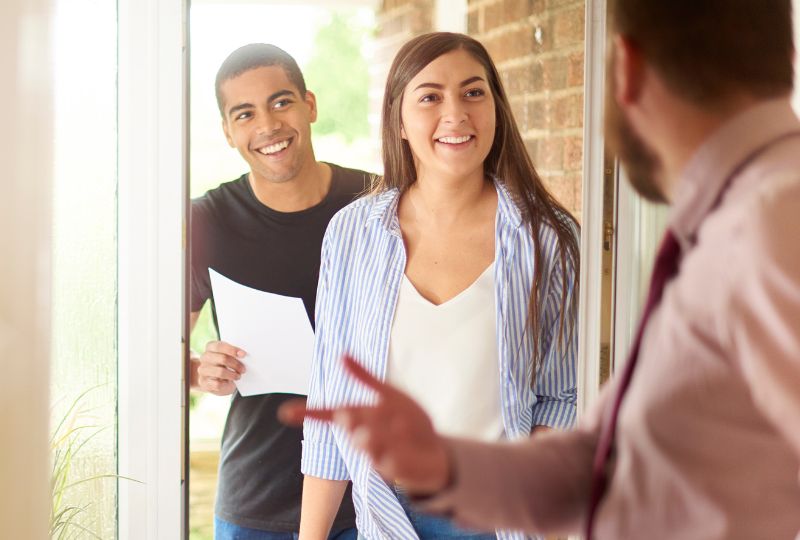As a prospective buyer, it’s within your right to ask lots of questions about the property you are viewing. Estate agents will expect you to ask about the property’s condition and the interest there’s been for it on the market. You can also ask questions about the local area so that you can get a feel for what the community and infrastructure are like.
A typical house viewing will usually take between 20 and 30 minutes. It’s a short space of time to try and get a good impression before you decide whether you want to live there or not. For this reason, it’s advisable to go to every house viewing with a list of pre-prepared questions you want to ask the estate agent.
Everyone has their own agenda when it comes to house viewings, but we’ve had a look at some of the most important topics and potential questions to help you decide what you want to ask.
Top 10 questions to ask when viewing a house
We’ve compiled a list of important questions you may want to consider asking when you go to a house viewing. They aim to give you a well-rounded view of a property and the local area so you can make an informed decision about the house.
1. How long has the property been on the market?
This can be a good question to ask as it can often hint at how desirable the property is. If it’s been on the market for an extended period, there could be something about the property that has put other potential buyers off. The asking price may also be too high, and other buyers might have found a better deal. However, a property that has been on the market for a long time may work in your favour as the sellers could be willing to accept a below-asking price offer.
2. How long have the owners lived in the property?
It’s a good sign if the owners have lived at the property for a long time because it indicates that they were happy with the house and the local area. However, it doesn’t bode well if the owners have only lived there for a short amount of time and are ready to move so soon.

You may need to demonstrate how much you love the property if you want to buy it from owners who have lived there for many years. For example, an older couple who have owned the house and raised a family there for a number of decades will likely want to sell to someone who they think will love the house as much as them and will treat it with respect.
3. Has there been much interest in the property?
If a property has a number of interested people, you will likely have to act fast to put in an offer to avoid getting gazumped by someone else who makes a higher offer. However, the seller won’t necessarily act on a first-come-first-serve basis. They will likely want to sell to someone who they think has put in the best offer and will keep to the time frames. Sellers don’t want to deal with buyers who drag their feet and are unwilling to sign the required documents and pay the money on time.
4. What is the minimum asking price?
It’s advisable to decide on a set budget before you start looking at buying a property. Buying a property can be very expensive when you consider the additional costs of moving house and legal fees on top of the initial purchase. It’s worth asking whether the sellers will negotiate with the asking price, especially if there are not many other interested parties.
Although the sellers and estate agents will want to get as high a price as possible, they’d probably rather sell the property at a lower price than have it sitting on the market for months on end. Seeing if you can negotiate the price could save you thousands of pounds, but the likelihood is that you will pay the asking price or slightly more, especially if you get into a bidding war.
5. What’s included in the sale of the property?
It’s a good idea to double-check what will be included in the sale of the house before you buy it. Make sure to ask whether the garden shed and greenhouse come with the house or the internal fixtures and satellite dish. You should also ask where the boundary lines are so you know how much land the property comes with.

Some sellers leave some of their furnishings with the house, while others take everything with them when they move. You’ll need to know in advance whether you have to splash out for new kitchen cupboards and a sofa or whether they’ll be left for you when you move in.
6. How recently was each room decorated/renovated?
You could ask whether any of the rooms have had major renovations and if the previous owners got the correct planning permission and followed building regulations when doing so. This information can normally be found online on the local council’s register of planning decisions.
Newly decorated rooms won’t need work for a few years, so you won’t have to immediately budget for redecorating them (unless you dislike the decor!). However, some sellers slap on a quick coat of paint to hide tell-tale signs of mould, so it’s a good idea to keep an eye out in case you spot any suspicious patches or notice a musty smell.
7. What is the broadband like?
Rural areas tend to have poorer broadband coverage than urban areas. This could pose a problem if you work from home and need ultra-fast broadband, for example. You should ask the estate agent what local broadband providers are like and how good the connection is. Another way to check is to visit Ofcom’s website, which will let you know what the mobile and broadband coverage is like in the local area.
8. What are the neighbours and local infrastructure like?
Aside from the house, it’s a good idea to find out more about the local area and community. Ask the estate agent what the transport links are like, as well as the crime rate and nearby amenities. The local schools may also play a part in your decision if you have or plan to have children. You can conduct a local authority search to see if any issues (including proposed plans) with the local area could affect you after you move into the property.
Although neighbours come and go, it’s advisable to find out whether the property has noisy neighbours. Try to ask the sellers how they get on with the people living next door and in the nearby properties. The neighbours may be an issue if the sellers avoid the question or give a cagey answer. However, if the neighbours are good, the seller may try and use them as a property selling point. You could also do your own research and drive past the property at night to see if the neighbours throw any loud parties or if the street is quiet.
It’s important to remember that you’re not just moving into a new property; you’re also moving into a new area. Either one can make or break your experience and, therefore, should prove a major part of your decision-making process.
9. Is the property sale part of a chain?
A property chain is when a group relies upon each other to sell and buy their properties. If one property sale falls through, the would-be buyers can’t purchase another property, thus creating a domino effect.
It can also affect the chain if one or more property sales take a long time to process because the other sales won’t go through. You may want to find out if the property is part of a chain because it could cause delays, or the sale could completely fall through.
The property sellers may be buying a new build or moving in with family, which means the property will be chain-free. This should mean that there is a smaller chance that the sale won’t go ahead or take a long time to process.
10. Does the property have damp or mould issues?
It’s a good idea to keep an eye out for signs of dampness or mould when you look around a property. Some houses are more prone to these types of issues, but it’s helpful to know how previous owners have dealt with the mould and dampness so that you can avoid them becoming a major problem. It’s best to keep on top of it so that it doesn’t cause any lasting damage to the property.
If you’re concerned, you can hire a building surveyor who will be able to conduct a mould check using visual inspection and a moisture detector. The surveyor can also check that the property has a proper drainage system and is damp-proof.
What questions should I ask on a second property viewing?
You may like a property enough to request a second viewing, which provides a good opportunity to keep an eye out for things that you might have missed at the first viewing. It’s a good time to ask questions about the property’s system, such as how efficient the boiler and the water system are. Ask whether you can test the taps and feel the water pressure, which will also allow you to see how well the water drains.
It’s a good idea to test the various switches in the house to see if they are working. This is also a good time to check whether the property has enough sockets for your requirements. You could also check the fuse box and see whether it has been well maintained. The date of the property’s last electrical check might also be written on the fuse box.
House viewing checklist
Below are some points to consider in your property viewing checklist, such as things you should take to the viewing and the types of things you should look out for:

- take a camera – so that you can look back on the photos and remind yourself of that particular property’s features. Ask for permission first, though!
- take a notepad and pen – to jot down any thoughts and feelings you have about the property, as well as extra information you find out
- bring a friend or family member – to get a second opinion
- look out for signs of damp or mould – it could have caused serious damage to the property
- view the property at least twice – you may spot things that you missed the first time around
- walk around the local area – get a feel for the neighbourhood and the local infrastructure and amenities
- take your time – arrive early so that the estate agent isn’t rushing you through the visit and you can really look at everything
- ask the price of the utility bills – although the figure can change, it’s good to find out the ballpark figure
- find out what council tax band the property is in – this is a yearly fee and is based on the valuation of the property and how much the local council charges
Summary
Buying a property is a big step, so you want to ensure you ask the important questions at the house viewing. Estate agents will try to give you a positive overview of the property, so it’s up to you to ask the less attractive questions, such as whether the house has a mould problem or if the broadband is slow. You should also ask questions about the sale of the house, such as what’s included with the property and if the house is part of a property chain, as these could affect your budget and how quickly the sale is processed.
While it’s a good idea to ask as many questions as possible about the property, you will also need to rely on yourself (and your instincts) to spot any issues that the house may have. Many aspects of property searching are also down to personal preference, so some points that may not seem an issue to the estate agent or seller might prove to be a problem for you. You should make sure that you’re happy with the property before you part with your hard-earned cash and sign on the dotted line.
Also read:
Guarantor mortgages: How do they work?
A complete guide to Energy Performance Certificates
Gazumping: What is it and how to avoid it
Explained: DSS Meaning in Housing

